All Stories
-
 Health & Medicine
Health & MedicineSeven strategies to keep COVID-safe at school
Some schools safely brought students back for in-person learning last year. Their experiences suggest how to avoid classroom spread of COVID-19 this year.
-
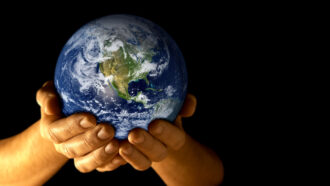 Earth
EarthScientists Say: Anthropocene
Humans are changing the world in profound ways. Some scientists think those changes have launched a new epoch in Earth’s history: the Anthropocene.
-
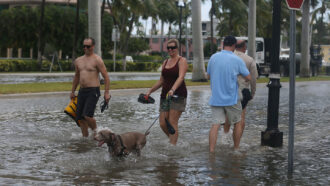 Oceans
OceansMoon’s orbital wobble can add to sea-level rise and flooding
In a dozen years or so, the tide-enhancing effects of a wobble in the moon’s orbit should lead to dramatically higher sea levels in some coastal cities.
By Sid Perkins -
 Health & Medicine
Health & MedicineWeight shaming is literally sickening
Many people think it’s okay to shame people for their weight. Not only is that cruel, but it also can harm their mental and physical health.
-
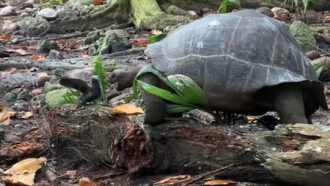 Animals
AnimalsA giant tortoise is caught hunting and eating a baby bird
New video captures the first recorded instance of a tortoise hunting another animal.
-
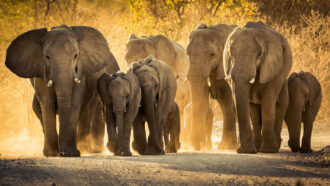 Animals
AnimalsLet’s learn about elephants
Check out five wild facts you may not know about a familiar animal: the elephant.
-
 Environment
EnvironmentCheatgrass thrives on the well-lit urban night scene
Middle-grade campers team up with ecologists at Denver University to show that streetlights boost the growth of a reviled invasive species.
-
 Health & Medicine
Health & MedicineScientists Say: Tonsils
The tonsils are pads of tissue in the throat that are part of the body’s immune system.
-
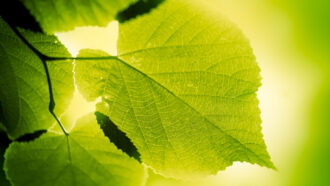 Tech
TechSynthetic trees could tap underground water in arid areas
They also could also help coastal residents mine fresh water from salty sources.
By Sid Perkins -
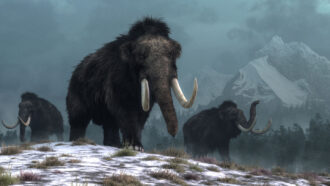 Animals
AnimalsWill the woolly mammoth return?
Scientists are using genetic engineering and cloning to try to bring back extinct species or save endangered ones. Here’s how and why.
-
 Animals
AnimalsCloning boosts endangered black-footed ferrets
A cloned ferret named Elizabeth Ann brings genetic diversity to a species that nearly went extinct in the 1980s.
-
 Science & Society
Science & SocietyEmpty stadium ‘ghost games’ increase losses for home teams
European soccer teams playing at home during the pandemic also racked up more foul calls.
By Nikk Ogasa